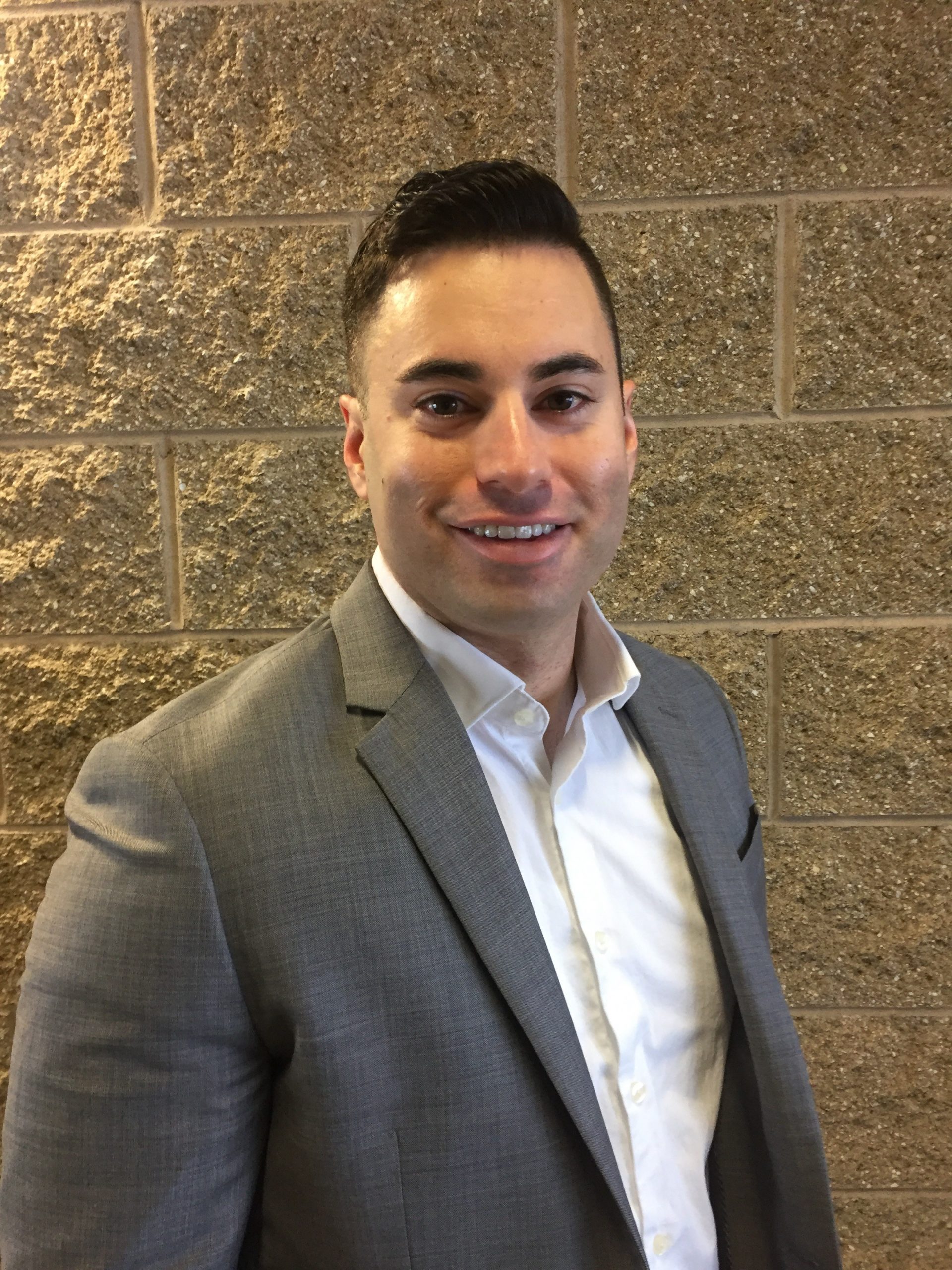The addiction treatment industry faces a unique challenge when it comes to marketing. On one hand, facilities need to reach people who need their help. But on the other hand, ethical concerns around deceptive advertising, privacy, and the over-commercialization of healthcare can make traditional paid advertising channels difficult to utilize properly.
So, how can treatment centers market themselves effectively without relying entirely on paid ads? Fortunately, there are plenty of options available for ethical marketers and rehab facilities that want to maximize their reach while following strict regulations. This is what we are going to cover here today.
Ethical Addiction Treatment Marketing Alternatives to Paid Ads
Ethical, sustainable, and community-driven marketing alternatives can help rehab centers build trust and long-term credibility. Ethics in marketing is especially important in this industry because you are reaching out to people who are in incredibly vulnerable states. Those who are struggling with substance use disorders (SUDs) as well as their loved ones are in desperate need of treatment options. It is therefore necessary to make sure they are presented with the most suitable choices depending on their specific needs.
In addiction treatment marketing, ethical considerations are crucial because they directly impact the well-being of people suffering from addiction.
One major concern is truthfulness—treatment centers must provide honest, transparent information about their services, success rates, and costs. Misleading claims can exploit people who need help and lead them to make uninformed decisions.
Additionally, patient privacy must always be respected. This means testimonials, case studies, and marketing materials should only use patient information with explicit, informed consent. Marketing should empower people and their families with knowledge instead of pressuring them into making choices that do not have their best interests at heart.
Finally, there is the concern of potential financial exploitation. Some treatment centers engage in unethical practices such as patient brokering, where clients are referred to facilities based on financial incentives instead of their clinical needs.
Ethical marketing prioritizes patient well-being over profit by ensuring referrals, pricing structures, and program offerings are transparent. The goal of addiction treatment marketing is ultimately to guide people towards the most appropriate treatment options that will maximize their chances of recovery. The goal is to save more lives.
It’s important to take note that paid ads themselves are not automatically “unethical”. Rehab facilities can—and should—use it to support their organic marketing efforts. With that in mind, here are some alternatives to paid ads that your rehab center should consider.
Content Marketing: Educate, Don’t Sell
Content marketing is one of the most ethical and effective ways to attract people to your addiction treatment center. Instead of aggressive sales tactics, you provide valuable information that helps individuals and their families make informed decisions about recovery.
Education is still one of the best weapons against stigma—something that still keeps people away from the treatment they need. Shame, fear, and judgment based on stigma remain huge obstacles for those in need of proper medical care.
Content helps alleviate some of those fears by informing patients and their loved ones about what to expect during the rehab process. By addressing the most common issues people have with rehab, you can bring them one step closer to starting their recovery journey.
Blogging and Articles
Consistently publishing high-quality blog posts can position your treatment center as a trusted source of information. Not only will this educate your audience but also help gain their trust. Patients are most likely to choose facilities that they view as reliable partners and informative content can help with that.
Topics could include:
- Guides on different treatment options (inpatient vs. outpatient, holistic approaches, medication-assisted treatment)
- Personal stories of recovery and hope
- Scientific explanations of addiction and mental health
- Advice for families supporting a loved one struggling with addiction
Writing in a clear, compassionate, and non-judgmental tone is crucial. Readers should feel like they are receiving support, not a sales pitch.
Video Content
Video is another powerful medium for building trust. Consider creating content such as:
- Interviews with staff members and therapists discussing treatment approaches
- Testimonials from former patients (with their consent)
- Virtual tours of your facility
- Educational videos explaining the recovery process
Videos are naturally eye-catching. Not only that, they can also deliver a lot of information within a short period of time. This makes them perfect for delivering your message even if your audience has a short attention span. Platforms like YouTube, Instagram, and TikTok provide opportunities to share these videos with a wide audience organically.
Search Engine Optimization
One of the most powerful digital marketing strategies is SEO or search engine optimization. This is a long-term approach that allows your rehab facility to rank higher in search engine results when people look for addiction treatment services online.
When people decide that it’s time to seek treatment, the first thing they usually do is look for rehab centers online. SEO works by optimizing your website’s content, structure, and credibility to align with what search engines like Google consider valuable. This involves using relevant keywords (such as “drug rehab near me” or “alcohol addiction treatment options”), improving website speed, ensuring mobile-friendliness, and earning backlinks from reputable sources.
When done correctly, SEO helps potential patients and their families find your facility organically, instead of relying on paid ads. A rehab center that ranks highly on Google is more likely to earn people’s trust because they automatically recognize its credibility.
It also works well with your content marketing efforts as you can add target keywords into your blog posts and articles effortlessly. Take note that SEO is a long-term strategy and it will not produce results overnight. You need to keep using it because your competitors are likely using the same approach to target the same keywords.
Overall, you can attract more people who genuinely need help by consistently improving your website’s user experience and providing valuable content.
Community Outreach and Partnerships
You don’t always need paid ads to reach your audience. Building relationships within local and online communities, for example, is a great and ethical way to market your rehab services.
Unlike paid advertising, which can sometimes feel impersonal or transactional, community engagement fosters trust and demonstrates a genuine commitment to public health. By forming strategic partnerships, participating in advocacy, and supporting harm reduction initiatives, treatment centers can make a lasting impact while naturally increasing awareness of their services.
Partnering with Local Organizations
Collaborating with local organizations can create a network of support that benefits both your treatment center and the community.
Offering free workshops, sponsoring local recovery events, or co-hosting educational seminars strengthens these partnerships and ensures that more people have access to the help they need. Consider forming partnerships with:
- Hospitals and clinics that may refer patients to your facility
- Local nonprofits focused on mental health and substance abuse
- Support groups such as Alcoholics Anonymous (AA) or Narcotics Anonymous (NA)
- Colleges and universities for awareness programs
A well-integrated community presence establishes your facility as a trusted resource for addiction recovery.
Public Speaking and Advocacy
Because education is necessary to fight stigma, rehab centers should consider public speaking and advocacy efforts. Participating in legislative discussions or supporting policies that promote access to care demonstrate a commitment to broader systemic change.
When a treatment center actively engages in public education and policy reform, it builds credibility and trust among the communities it serves.
Engaging in Harm Reduction Efforts
Harm reduction is an essential component of ethical addiction treatment marketing because it prioritizes saving lives and meeting individuals where they are in their recovery journey. Supporting initiatives like naloxone (Narcan) distribution, needle exchange programs, and fentanyl testing strip availability shows a treatment center’s commitment to public health—not just to filling beds.
Organic Social Media Engagement
In this digital age where everyone is spending time online, social media can be a powerful tool for addiction treatment centers. Social networking sites like Facebook, X (Twitter), Instagram, LinkedIn, and TikTok attract large numbers of people on a daily basis. Chances are, this is where your target audience is hanging out online.
Publish your content on social media and it just might get enough engagement to reach the right people who need your exact services. The beauty of these platforms is that users can share posts that they like or even just leave a comment. Your posts may be exposed to a much bigger audience than usual, opening the door for community building.
Proper usage of social media is all about meaningful content, real conversations, and genuine connections. This approach helps treatment providers reach those in need while maintaining transparency and respect for the recovery process.
Share Success Stories (With Consent)
Personal recovery stories can inspire and give hope to those struggling with addiction. Sharing real-life testimonials—while strictly adhering to privacy laws and obtaining proper consent—humanizes the recovery journey. It shows people that treatment can lead to positive change.
Whether through written testimonials, video interviews, or social media posts, these stories help break the stigma around addiction and encourage those hesitant about seeking help to take the first step. The key is to present these stories with honesty, avoiding any exaggeration or pressure-driven messaging.
Create Interactive Content
Engagement grows when people feel involved, and interactive content is an excellent way to encourage participation.
Hosting live Q&A sessions with addiction specialists, creating polls about recovery challenges, or posting interactive quizzes about mental health can spark meaningful discussions. Other ideas include recovery motivation threads, behind-the-scenes glimpses of therapy activities (while respecting confidentiality), and wellness challenges that encourage healthy habits.
The more a center fosters a sense of community, the more people will see it as a trusted resource rather than just a service provider.
Ethical Use of Paid Ads in Addiction Treatment Marketing
Remember that paid advertising is not inherently bad, even in the addiction treatment industry. You only have to make sure you are using it properly. While it has often been associated with misleading claims, exploitative tactics, and a lack of transparency, there’s no reason to stop using it—as long as you use ethical marketing approaches.
Used responsibly, paid ads can be an effective way to tell people about the lifesaving services you have on offer. Here are some essential tips:
1. Be Transparent and Avoid Misleading Claims
Honesty is the foundation of ethical advertising. Ads should accurately represent the services offered, the success rates (if mentioned), and the overall treatment experience.
Avoid vague or exaggerated claims such as “guaranteed recovery” or “instant results”—there’s no such thing. Instead, focus on clear, truthful messaging that informs people about what to expect from the treatment program. Transparency also means clearly stating costs, insurance options, and what types of therapies are provided.
2. Target Ads Responsibly Without Exploiting Vulnerability
Addiction is a deeply personal and often painful struggle. Ethical advertising respects this by ensuring that targeting strategies are used thoughtfully. Rather than aggressively retargeting people based on past searches, ads should be placed in spaces where people actively seek help, such as health-focused websites or recovery forums.
3. Comply with Legal and Platform-Specific Advertising Policies
Many advertising platforms have specific policies regarding addiction treatment ads to prevent predatory practices. For instance, Google requires treatment centers to be LegitScript-certified before running ads. Staying compliant with these regulations ensures that ads reach the right audience without violating ethical standards.
Additionally, aligning ads with industry best practices—such as following HIPAA guidelines to protect patient privacy—reinforces credibility and prevents legal issues that could arise from improper marketing tactics.
Work with MasterMindSEO
By prioritizing transparency, responsible targeting, and compliance, addiction treatment centers can use paid advertising as an ethical tool to reach those in need while maintaining trust and integrity in the industry.
To get the best results, you need to incorporate the other strategies listed here into your bigger marketing campaign. At the end of the day, ethical marketing in addiction treatment isn’t just about avoiding paid ads—it’s about building long-term trust, credibility, and genuine relationships with the people who need help.
Work with a digital addiction treatment marketing firm to make the most out of paid and organic marketing efforts. Make sure to choose a company you trust so that you can craft a marketing strategy that reaches those who need your services the most. Remember that marketing addiction treatment services is all about saving more lives and creating a positive impact in your community.
MasterMindSEO has experience in performing digital marketing campaigns for e-commerce, national, regional and local businesses. Email or call and we will be happy to see how we can help your center get more leads and help more patients!
Ready to take your addiction treatment SEO to the next level? Want to rank your detox center on Google Maps? Let MasterMindSEO help you.


